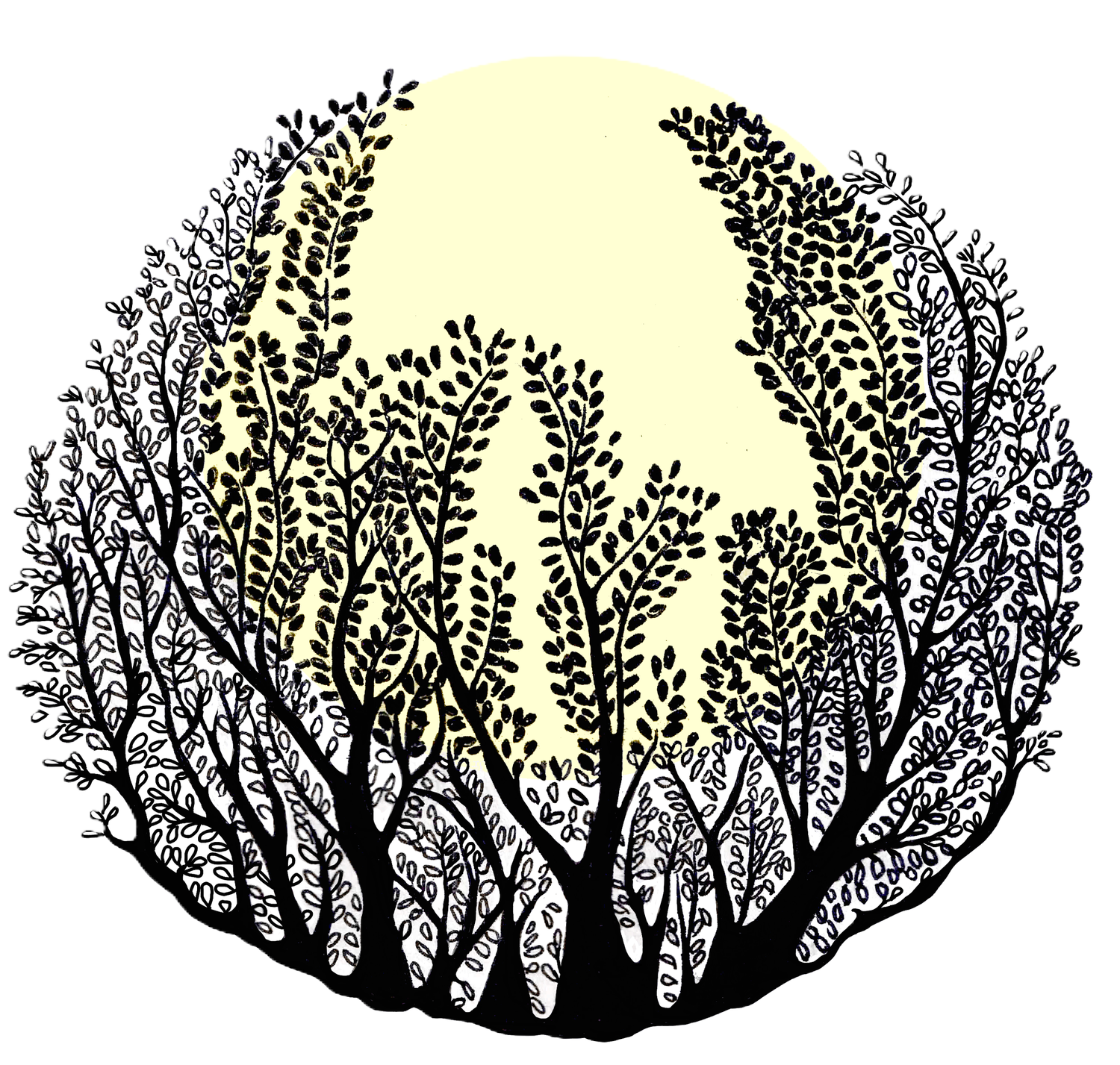ADHD- A Traditional Chinese Medicine Perspective
In traditional Chinese medicine (TCM), ADHD is viewed as an imbalance of the body’s systems in the individual rather than a single disorder.
Here are some perspectives of TCM using the zang fu organs and patterns that we can observe in patients.
The Heart: In TCM, the heart governs the mind, which affects thinking, memory, and perception. Disturbances of the heart can lead to restlessness and hyperactivity.
The Spleen: Weak spleen qi can result in poor concentration, difficulty remembering facts and mental fatigue.
The Kidneys and Liver: Kidney deficiency or Liver yin deficiency can cause hyperactivity and impulsiveness, which becomes worse when tired or due to lack of sleep.
The Heat and Plegm: A combination of fidgeting and restlessness, difficulty concentrating. With the extra element of being hard to reach,a nd not listening to others.
For a holistic approach in Assiting with ADHD, alongside conventional treatment we can use an array of treatments we can use
Acupuncture
Tuina ( which is a form of Chinese medical massage)
Shonishin (Japanese non-needling technique)
Cupping
Guasha
Diet
Lifestyle advice
In the case of acupuncture especially in children there are also non-needling techniques that can be used such Tuina massage, and special Shonishin tools that can be applied to specific points to regulate the qi and restore flow and harmony.
Diet and lifestyle recommendations come down to the specific patterns. Some recommendations may involve balancing out your diet, eating proper meals that have enough proteins, and reducing the amount of caffeine and sugar in the diet.
